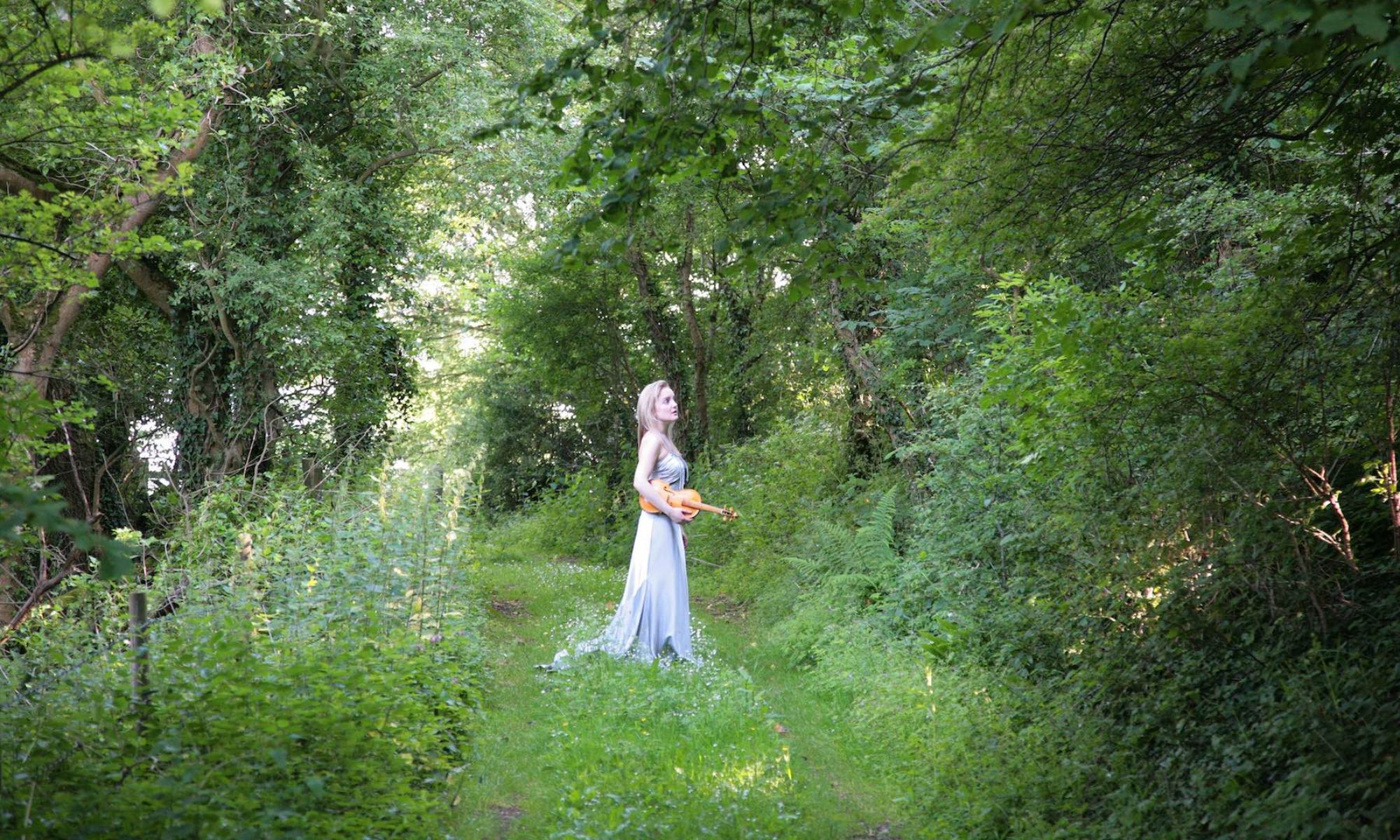I was thinking about that debate about etiquette and tradition in classical music concerts.
My little contribution is to make a distinction between the kind of etiquette that’s simply a matter of consideration to others – trying to stifle coughing, turning your phone off, waiting a bit before yelling ‘BRAVO’ as an opera tragically ends (oh wait, that last one is quite normal amongst established opera-goers) – and the kind of tradition that’s more about asserting membership of some kind of exclusive club, with arbitrary customs which have little to do with facilitating a musical experience. You know… that thing of standing up for the Hallelujah Chorus, which freaks out newcomers, and the ‘Heave Ho’ chant at the Proms when the piano lid goes up (cute, or irritating?).
Of course, you can argue about how historical the notion of an uninterrupted listening experience is. Is it a nineteenth-century bourgeois concept? Does it matter? That experience still matters a great deal to many of us. Standing up in funny places, or intoning nautical expressions, or wearing expensive outfits are slightly different activities. I read the early-music genius John Butt suggesting that it’s useful to compare what at first glance might come across as concert-hall stuffiness, with the kind of behaviour you’d want from fellow cinema-goers in terms of attention and quietness. Suddenly the guiding factor doesn’t seem to be stuffiness.
It’s fine to love standing up when you hear that bit (I don’t), but I try not to confuse such things with behaviours that simply amount to reasonable politeness, and an enjoyment of concentrated, meditative attention.
